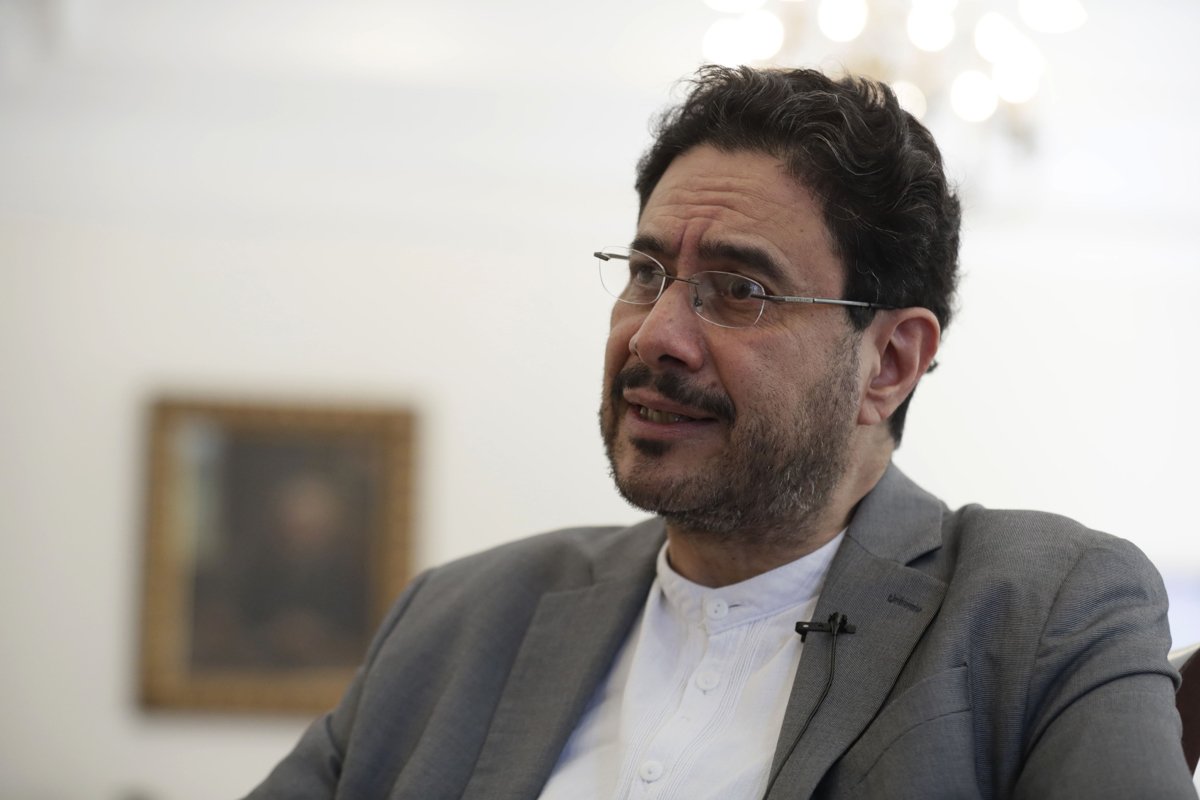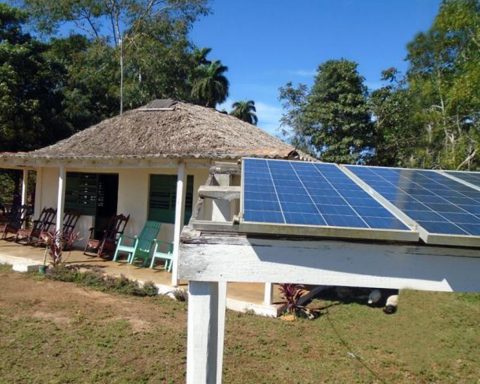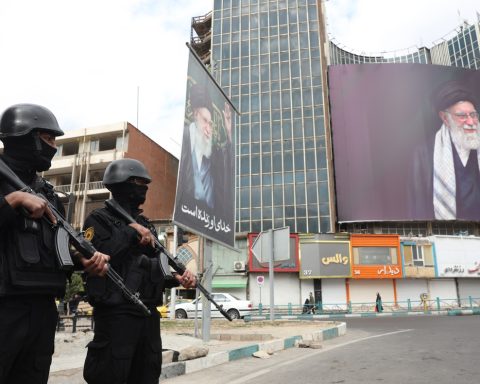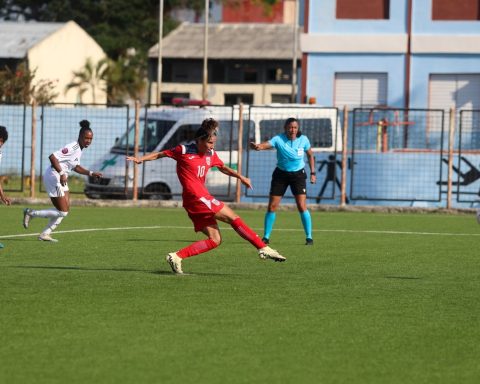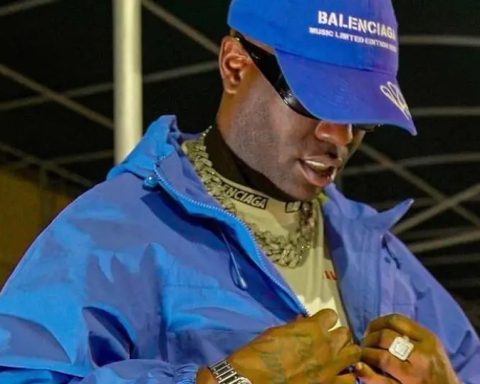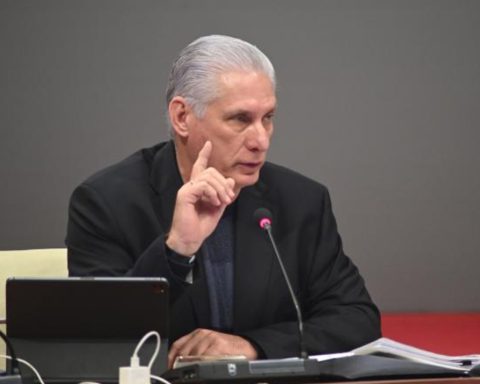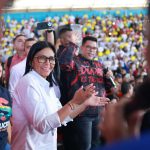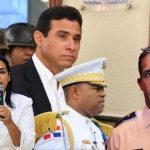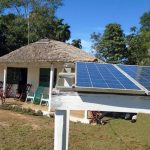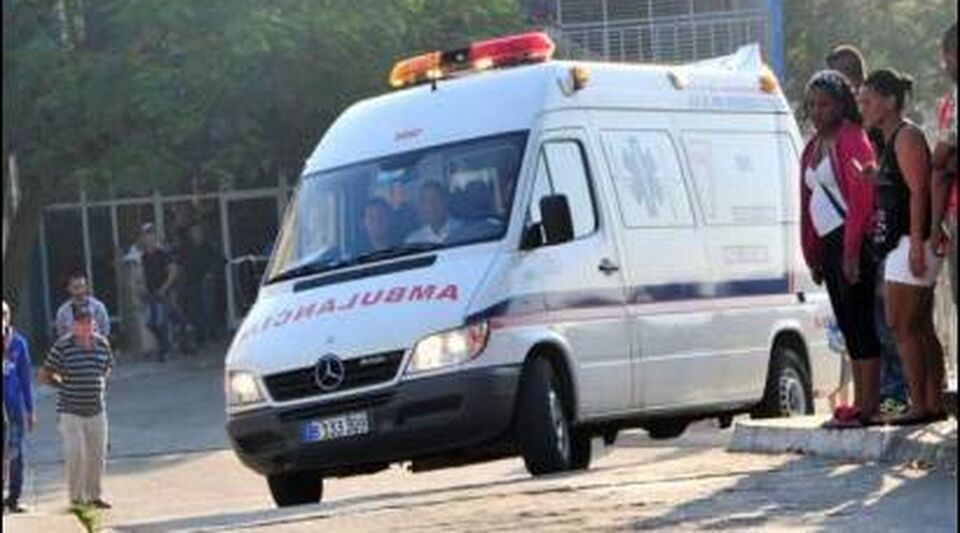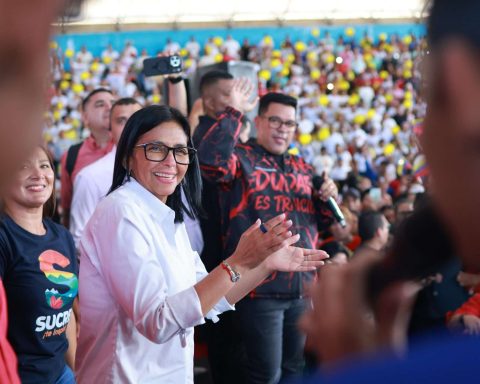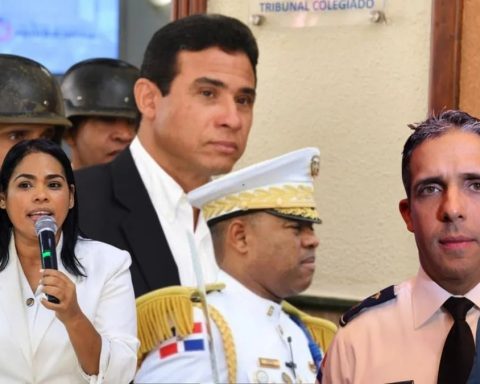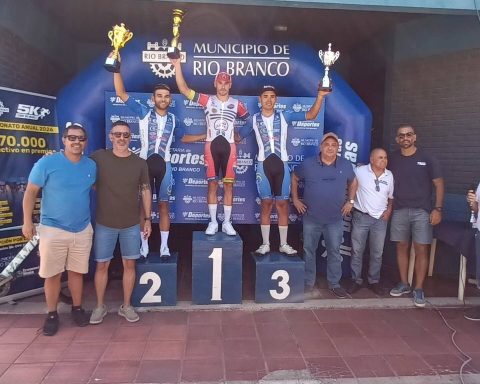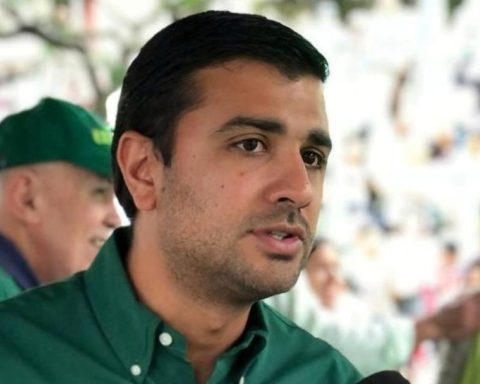The new government of Colombia achieving peace with the National Liberation Army (ELN) has been proposed as a priority. Therefore, less than a week after Gustavo Petro was sworn in as president there was already a delegation in Havana meeting with the guerrilla negotiators who achieved more in two days than the previous government in four years.
This is stated in an interview with EFE Senator Iván Cepeda, who traveled to Cuba on August 10 as part of the Colombian Government delegation in the negotiations and assures that, while the Iván Duque Executive torpedoed the negotiations with demands, the only condition that the Petro Executive will impose it is “reaching peace”.
QUESTION: How was that first new official contact with the ELN in Havana?
ANSWER: Well, I have said that the Government of President Petro did in 48 hours what the Government of former President Iván Duque has not done or did not do in four years. During those years, what was done was to put condition after condition to the ELN and that prevented the dialogue from restarting. Likewise, an entire campaign was carried out against the host country, which is the Republic of Cuba, and the result of that campaign was that Cuba became part of the list of so-called countries that sponsor the terrorismwhen in reality for 40 years it has been involved in all the peace processes that have been carried out to improve the situation in Colombia.
So, in the first place (there was) an apology from the Republic of Cuba through a statement by our Foreign Minister, Dr. (Álvaro) Leyva, and, secondly, a recognition of the legitimacy of the ELN delegation and , therefore, green light to be able to restart the process of dialogue.
Government of Colombia announces in Cuba that it will return to peace talks with the ELN
Q: Did you see the willingness of that ELN delegation to return to the table?
A: Petro entrusted us with the task of verifying if the ELN delegation is in peace disposition and what we could verify is that it is indeed so. There was a very clear statement that the ELN is willing to start or, better, to resume the talks that, as is known, were abruptly suspended in 2018 and remained broken until this date, last Friday, the moment in which the President Petro’s government officially announces that it will restart these dialogues.
Q: You were saying that the previous government put many conditions on the ELN. Is this government not going to put any?
A: The only condition is to reach peace. In Colombia, we have spent 60 years discussing conditions, requirements that must be met before engaging in dialogue, and the result of that is measured in lives that have been lost. There were four years of discussing whether the ELN should hand over the hostages or not, and on Friday when we arrived at the announcement that the talks were restarting, the ELN released, without the Petro Government making any demands, nine citizens that it had in its custody. can. That means that if the dialogue advances, we are going to achieve precisely the objective of saving lives and achieving peace.
Q: But this can be seen as giving the ELN carte blanche…
A: Well, that is obviously a possibility, but what reality has shown —and I refer only to the last four years— is that this position led us to the ELN being stronger today, making a presence in more territories and that the intensity of the armed conflict has intensified in many regions of the country, that crimes that had been eradicated after 2016 have reappeared. So that policy of arrogance and stubbornness has led to a reality that is getting worse and worse.
Q: What are the next steps?
A: A series of legal procedures must be followed. The past government not only made hostile statements against the dialogue, but at the same time produced a series of judicial or political decisions that make it necessary to unblock that situation in order to restart. One of the issues is that it denied a protocol through which the situation of the peace delegation that is on the island today can be resolved and, therefore, this Government will have to quickly make legal and juridical decisions so that the delegation of the ELN may have safe-conducts to carry out the talks. Thus, the ELN, after four years in which the delegation that is in Cuba had no contact with its commanders, will now have the opportunity to be able to dialogue to restart the dialogues.
Q: Does that mean removing the extradition orders that weigh on the negotiators?
A: Yes, and, for example, the international arrest warrants, the so-called red circulars, issued by the previous government.
Colombian guerrilla shows Petro its “full willingness” to advance in the peace process
Q: The maximum leader of the ELN, Eliécer Herlinto Chamorro, alias “Antonio García”, has been in Cuba for many years without being able to leave there, do you think he still has real power against the ranks and the different fronts that operate in Colombia?
A: An argument that is also used to distort or deny the possibility of a dialogue is that the ELN is not a unified guerrilla, but rather a federation of groups and we do not have any real evidence that this last statement is true. The ELN is a guerrilla that in Colombia has a history of 60 years, in which it has shown a centrality of command. If it wasn’t, it wouldn’t have survived these six decades of armed conflict, so that argument doesn’t hold water. We believe that there may be many contradictions within that guerrilla, but that it acts as a unit and as a unified group, that is evident.
Q: So if “Antonio García” signs the peace, will the Arauca or Chocó fronts pay attention to him?
A: We believe that, we have that firm conviction. Now, all the previous peace processes have shown that if the State does not enter to occupy the territories left by the guerrillas, internal ruptures and what is called dissidence can immediately take place, so the policy of total peace, which is what proposed by the government of President Petro, also proposes to correct those aspects that have been limited in other peace processes.
Q: The ELN has become a cross-border, binational guerrilla. Is Venezuela going to have some kind of role in this negotiation?
A: Venezuela has been a guarantor country since the beginning of this process and there is a clear request that all countries, not only Venezuela, but also Cuba, Norway and others, remain in that role.
